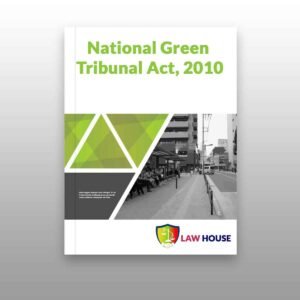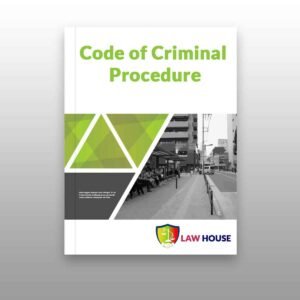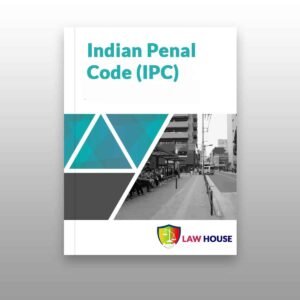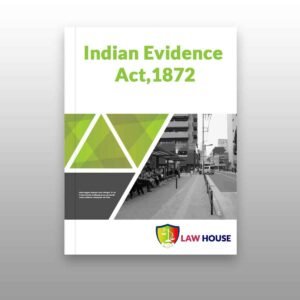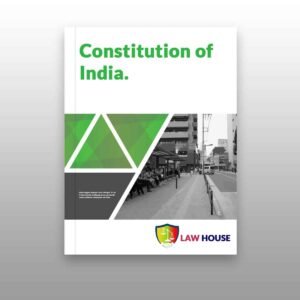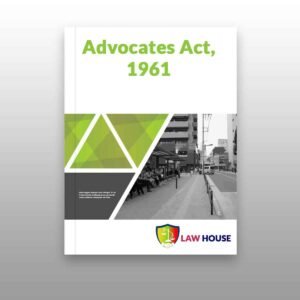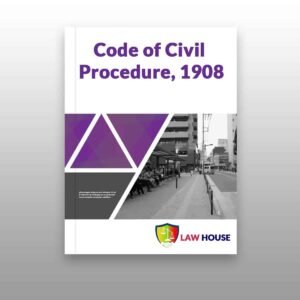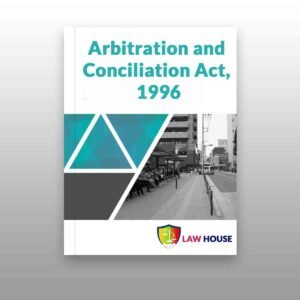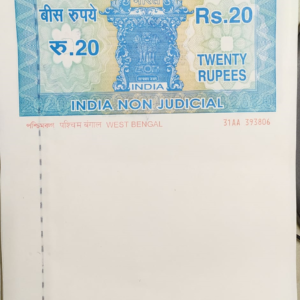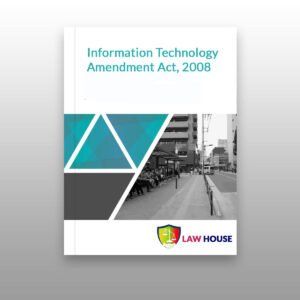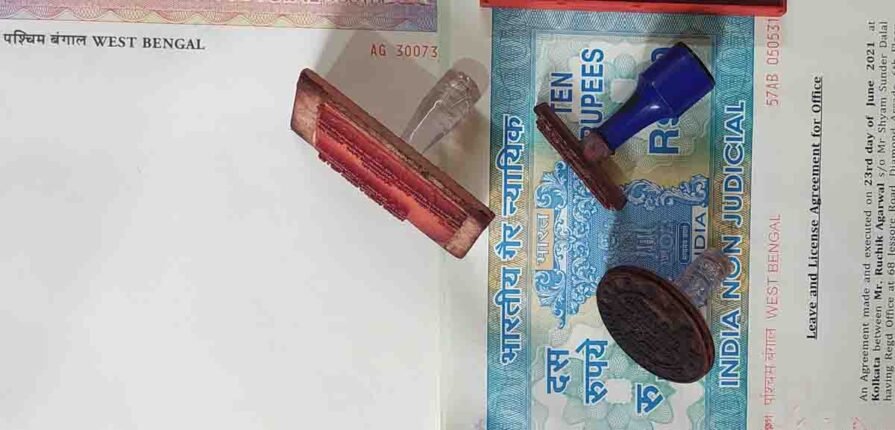Power of Attorney (POA) is a crucial legal document that allows one person to grant authority to another person to act on their behalf in various legal, financial, or medical matters. It is a powerful tool that can be used for managing property, making healthcare decisions, handling financial transactions, and more. In this comprehensive guide, we will delve into the different types of Power of Attorney, the process of obtaining one, the legal requirements, responsibilities, benefits, and tips associated with it.
Types of Power of Attorney :
Power of Attorney comes in various types, each with its own specific purpose and scope of authority. Some of the common types of Power of Attorney include:
- General Power of Attorney: This type of POA grants broad authority to the agent (also known as the attorney-in-fact) to act on behalf of the principal in multiple areas, such as managing finances, entering into contracts, making legal decisions, and more. It can be used for a wide range of purposes and is effective until revoked or the principal becomes incapacitated.
- Special Power of Attorney: Also known as Limited Power of Attorney, this type of POA grants limited authority to the agent to act on behalf of the principal for specific situations or purposes. It may be used for specific transactions, such as selling property, managing a business, or making healthcare decisions, and is effective only for the designated scope of authority and timeframe.
- Durable Power of Attorney: This type of POA remains effective even if the principal becomes incapacitated or unable to make decisions. It can provide peace of mind by ensuring that the agent can continue to act on behalf of the principal even in the event of their incapacity.
- Power of Attorney for Healthcare: Also known as Medical Power of Attorney or Healthcare Proxy, this type of POA grants authority to the agent to make healthcare decisions on behalf of the principal, in the event they are unable to do so themselves. It ensures that the agent can make important medical decisions in accordance with the principal’s wishes.
How to Get Power of Attorney — Step by Step
Obtaining Power of Attorney involves several steps, and the process may vary depending on the jurisdiction and specific requirements. Here are the general steps involved:
- Choose the type of Power of Attorney: Determine the type of POA that best fits your needs, whether it’s General Power of Attorney, Special Power of Attorney, Durable Power of Attorney, or Power of Attorney for Healthcare. Consider the specific purpose and scope of authority needed.
- Choose an agent: Select a trusted and capable person to act as your agent or attorney-in-fact. This person should be someone you trust to make decisions on your behalf and act in your best interest.
- Draft the Power of Attorney document: Prepare the Power of Attorney document with the help of a qualified lawyer or by using a reputable Power of Attorney firm that complies with the legal requirements of your jurisdiction. The document should clearly outline the scope of authority granted to the agent, the duties and responsibilities, and any specific limitations or conditions.
- Execute the document: Sign the Power of Attorney document in the presence of a notary public or witnesses, as required by the law of your jurisdiction. This helps to ensure the document’s legality and validity.
- Distribute copies: Provide copies of the executed Power of Attorney document to your agent, relevant parties, and keep a copy for your records. Make sure that all parties involved are aware of the document’s existence and the authority granted to the agent.
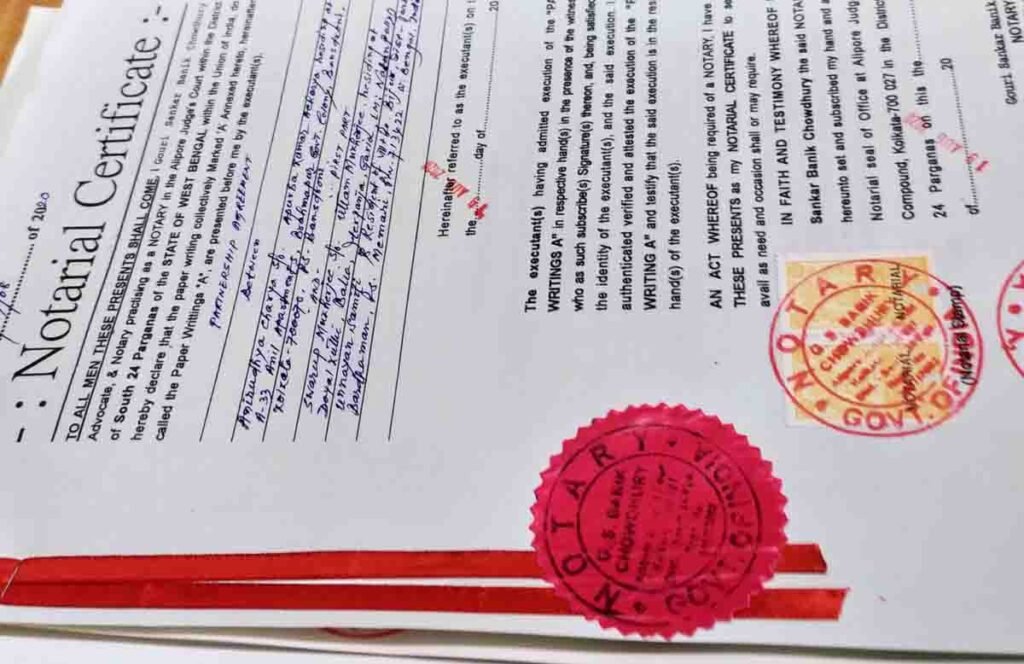
Power of Attorney Legal Requirements
The legal requirements for Power of Attorney may vary depending on the jurisdiction, but some common requirements may include:
- Capacity: The principal must have the legal capacity to understand the nature and consequences of the Power of Attorney document they are signing. This means that the principal must be of sound mind, not under any undue influence or coercion, and must fully comprehend the scope of authority they are granting to the agent.
- Proper Form: The Power of Attorney document must be drafted in accordance with the legal requirements of the jurisdiction. It may need to be in writing, signed by the principal, and witnessed or notarized, depending on the local laws.
- Agent’s Acceptance: The agent or attorney-in-fact must accept the authority granted to them and sign the Power of Attorney document, acknowledging their responsibilities and duties as an agent.
- Specific Authority: If the Power of Attorney is a Special Power of Attorney, it must clearly specify the scope of authority granted to the agent, including the specific tasks or transactions they are authorized to perform on behalf of the principal.
Power of Attorney vs. Will
Power of Attorney and Will are often confused, but they serve different purposes and are used in different situations. Here are some key differences between the two:
Power of Attorney
- Comes into effect during the principal’s lifetime and allows the agent to act on behalf of the principal while they are alive but unable to make decisions.
- Can be used for various purposes, such as managing finances, making legal decisions, handling healthcare decisions, etc.
- Can be revoked or terminated by the principal at any time, or automatically upon the principal’s death or incapacitation.
Will
- Comes into effect after the testator’s death and specifies how the testator’s assets and estate will be distributed.
- Deals with matters related to the testator’s estate, such as property, assets, debts, and beneficiaries.
- Can be changed or revoked by the testator at any time before their death.
In summary, Power of Attorney is used for managing legal, financial, or medical matters during the principal’s lifetime, while a Will deals with matters related to the distribution of assets and estate after the testator’s death.
Comparison Chart: General Power of Attorney vs Special Power of Attorney
| Feature | General Power of Attorney | Specific Power of Attorney |
|---|---|---|
| Authority | Broad authority | Limited authority |
| Scope of Power | Can act on various matters | Can act only on specific matters |
| Duration | Typically valid until revoked or the death of the principal | Valid for a specific time period or until a specific event occurs |
| Applicability | Used for a wide range of purposes | Used for a specific purpose or transaction |
| Revocation | Can be revoked by the principal at any time | Revoked automatically after the specific event or time period |
Comparison Chart: Power of Attorney vs Will
| Feature | Power of Attorney | Will |
|---|---|---|
| Function | Grants authority to an agent to act on behalf of the principal during their lifetime | Provides instructions for the distribution of assets after the death of the testator |
| Validity | Valid during the principal’s lifetime | Takes effect after the death of the testator and upon probate |
| Scope of Power | Can involve managing finances, making legal and healthcare decisions, etc. | Typically focuses on distribution of assets, naming beneficiaries, appointing guardians, etc. |
| Revocability | Can be revoked by the principal at any time | Can be revised or revoked by the testator during their lifetime |
| Probate | Not subject to probate | Subject to probate and legal proceedings |
Conclusion :
In conclusion, a Power of Attorney is a powerful legal document that grants authority to an agent to act on behalf of a principal for various purposes, such as managing finances, making legal decisions, handling healthcare decisions, and more. There are different types of Power of Attorney, including General Power of Attorney and Special Power of Attorney, each with its own scope of authority and applicability. It is important to carefully consider the type of Power of Attorney that suits your needs and seek professional advice from a qualified attorney or legal expert.
It is also essential to understand the legal requirements for creating a valid Power of Attorney, including proper form, capacity of the principal, and acceptance by the agent. Revocation of Power of Attorney is also possible if the principal wishes to terminate or change the authority granted to the agent. Additionally, it is crucial to understand the key differences between Power of Attorney and Will, as they serve different purposes and are used in different situations.
In summary, a Power of Attorney can be a valuable tool in managing legal, financial, and healthcare matters, providing peace of mind and protection for the principal. However, it should be executed with careful consideration of the legal requirements and guidance from a qualified professional to ensure that the principal’s interests are safeguarded.
We hope this article has provided you with valuable insights into the Power of Attorney, its types, legal requirements, comparison with a Will, and its benefits and responsibilities. If you are considering creating a Power of Attorney, it is strongly recommended to consult with a qualified attorney or legal expert to ensure that it is done properly and in compliance with local laws. Remember, a well-drafted Power of Attorney can provide you with the necessary protection and control over your affairs, allowing you to have peace of mind knowing that your interests are safeguarded even when you are unable to make decisions yourself.
Read More:

Buy Property through General Power of Attorney – GPA
Download E-Book || Power of Attorney Act 1882










![Honey trap in Cybercrime: A to Z guide Exploring Honey Trap in Cyberspace [With Video]](https://www.lawhousekolkata.com/wp-content/uploads/Post-Images/Honey-Trap-300x169.jpg)




















